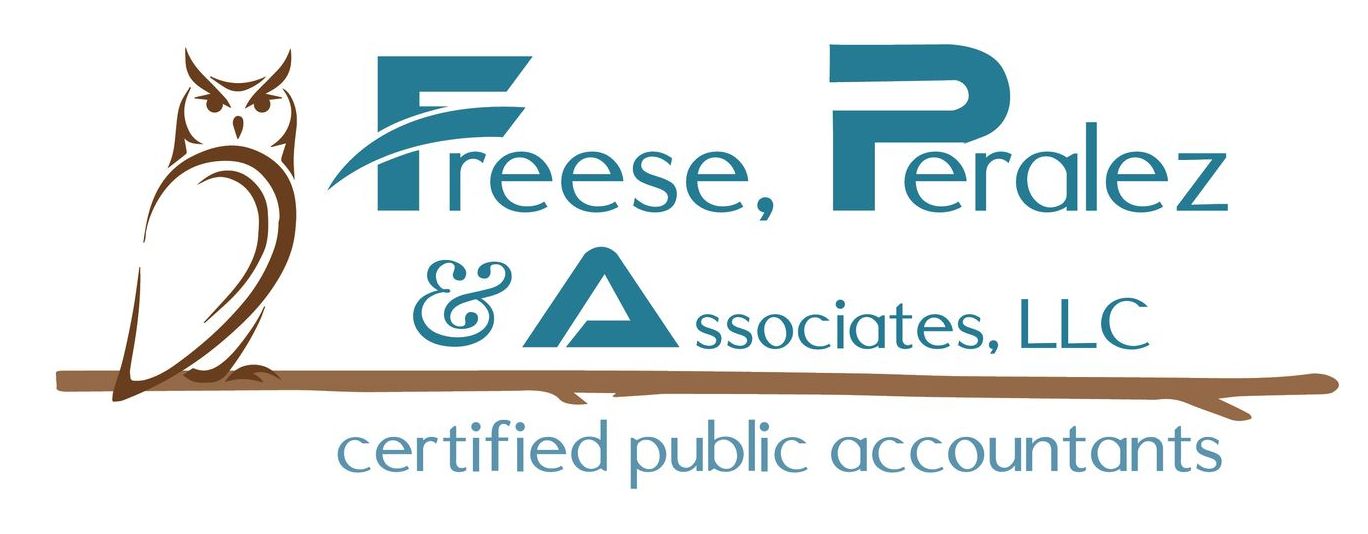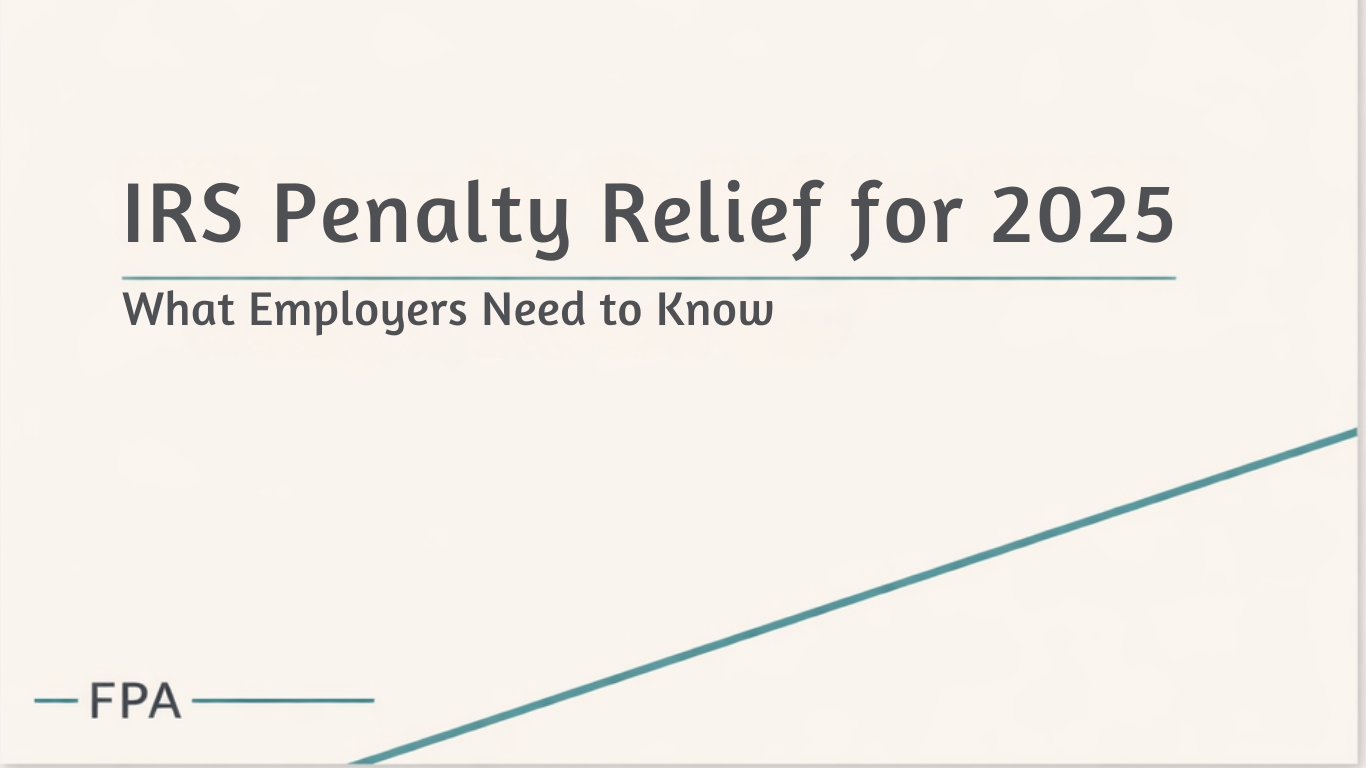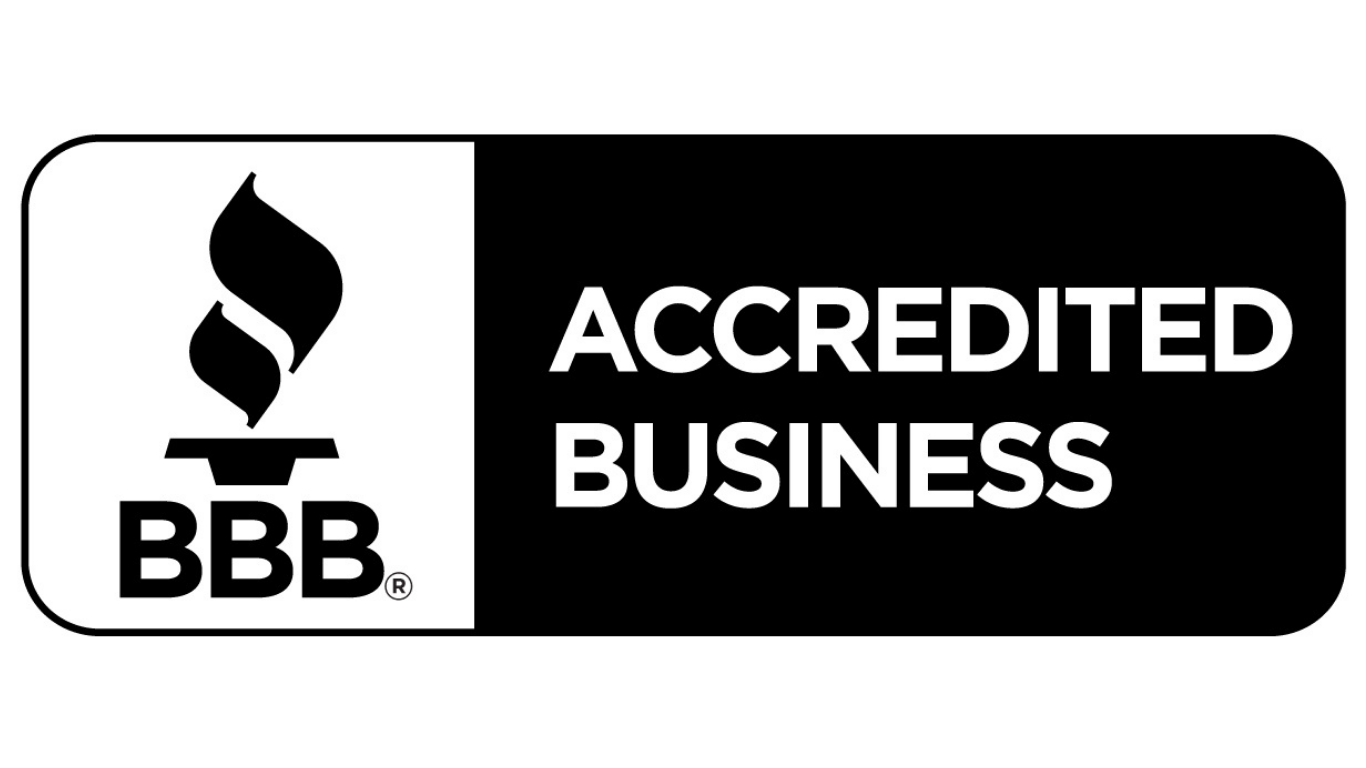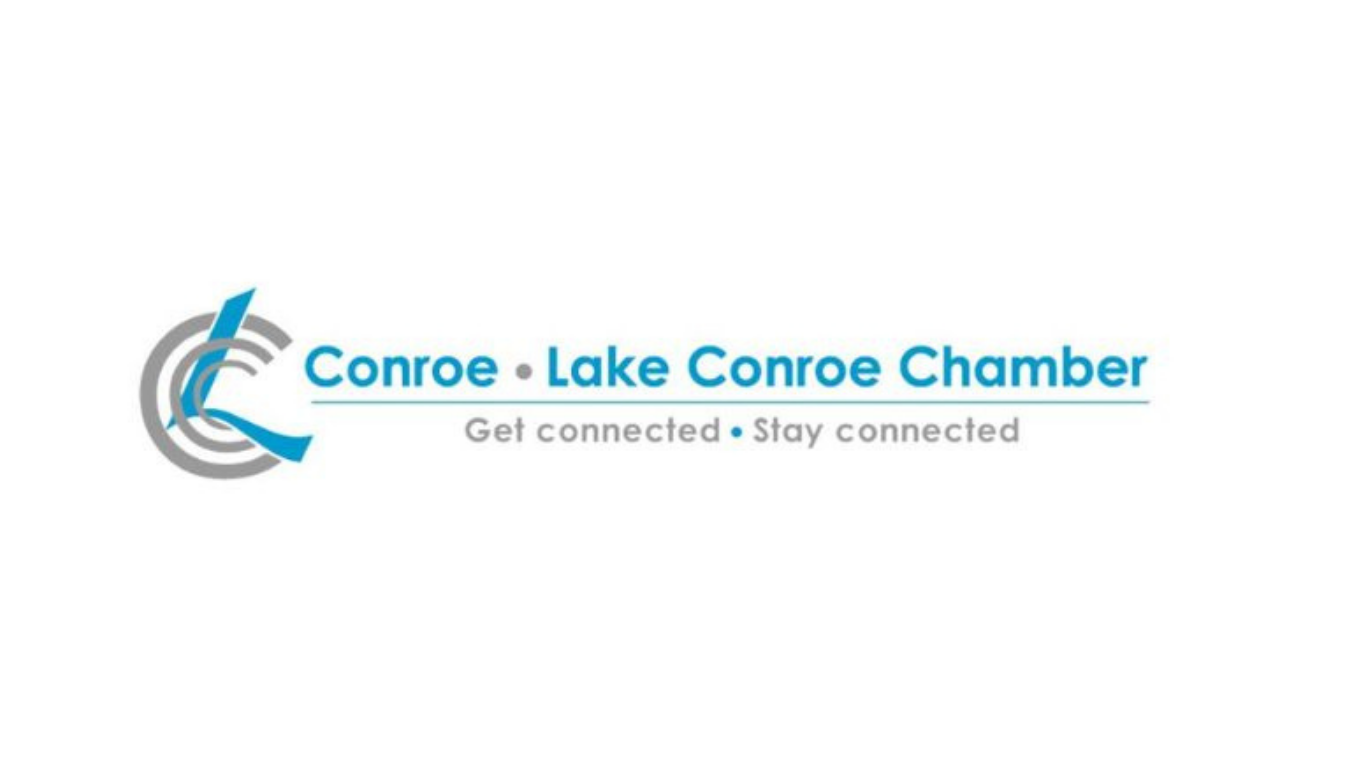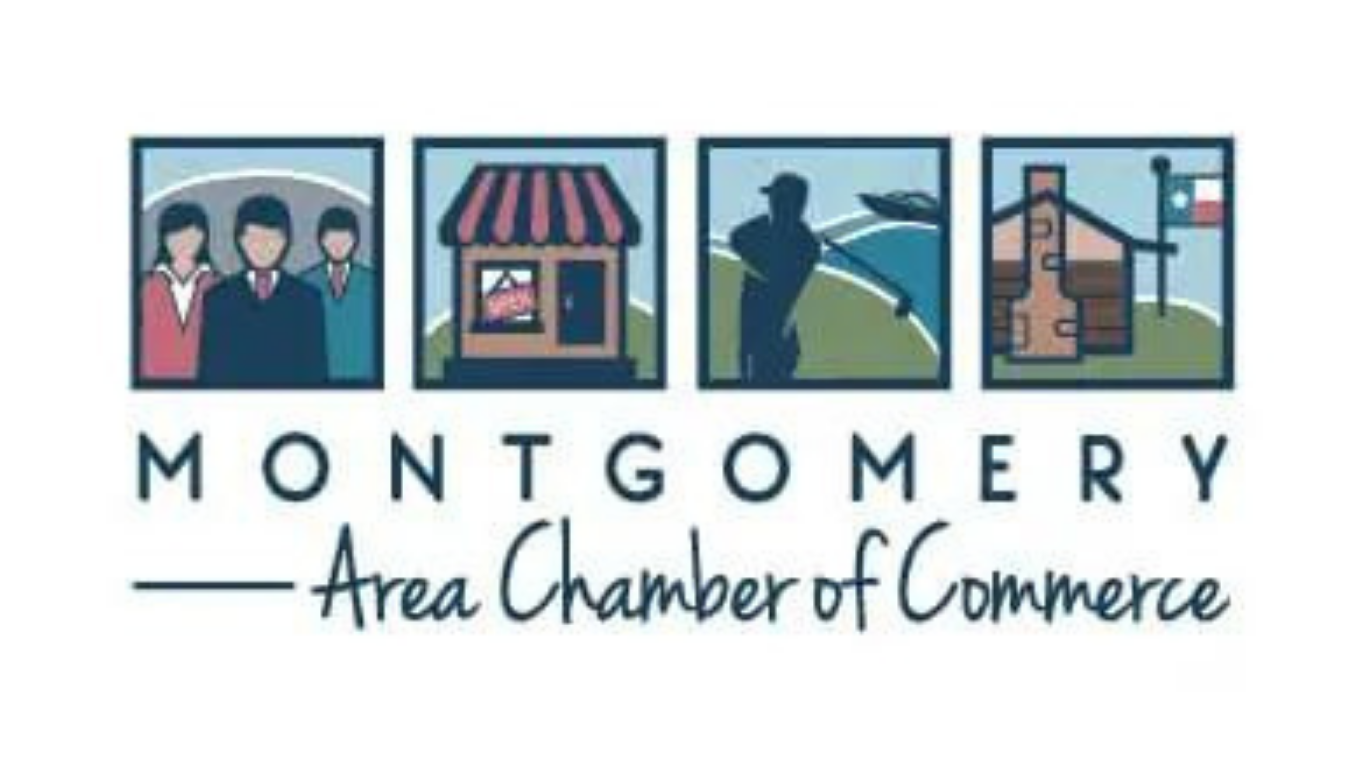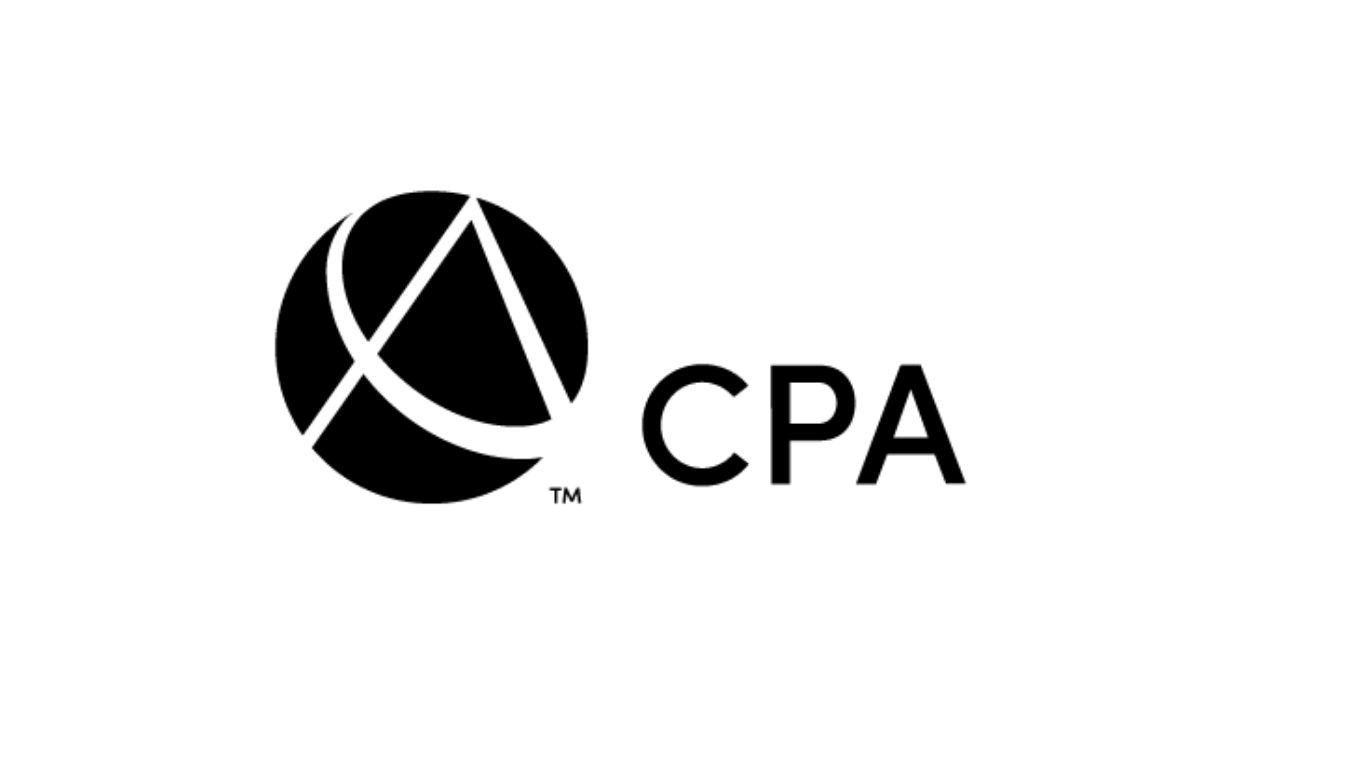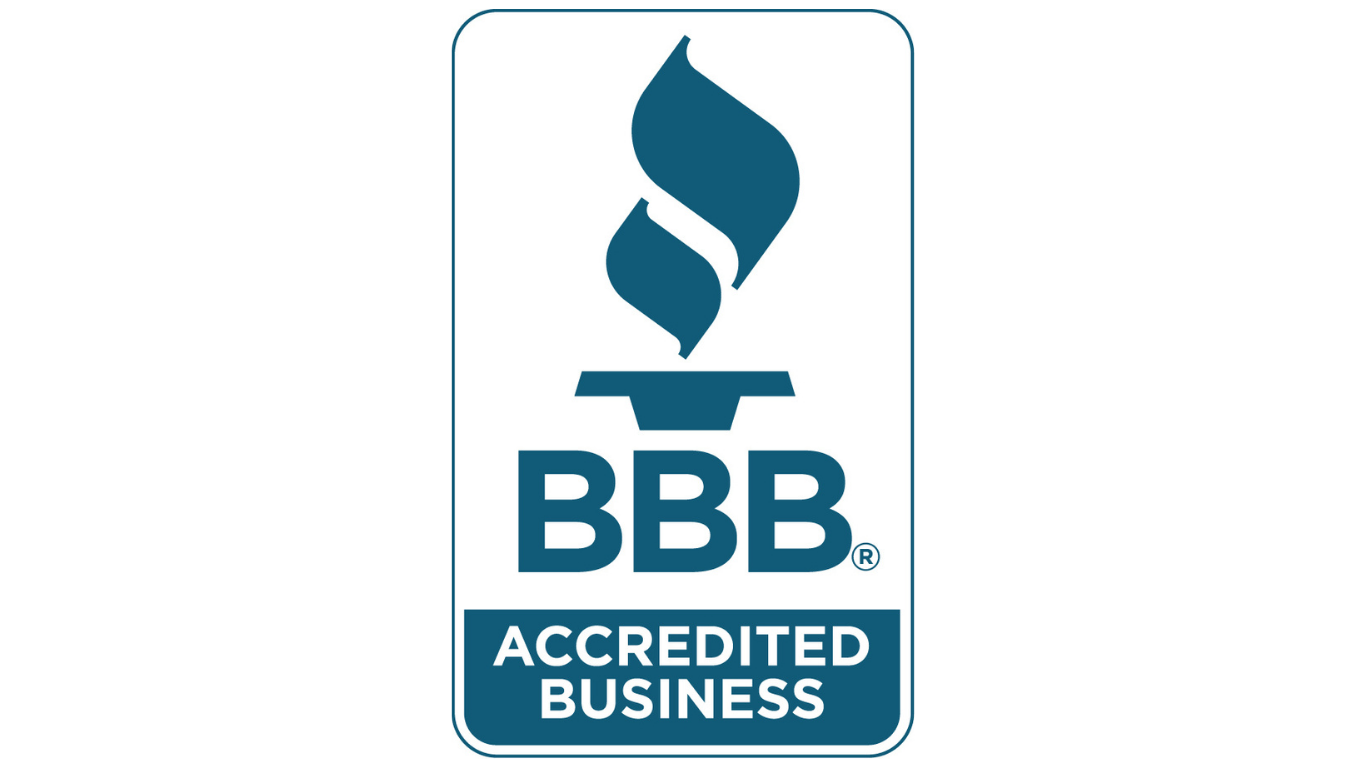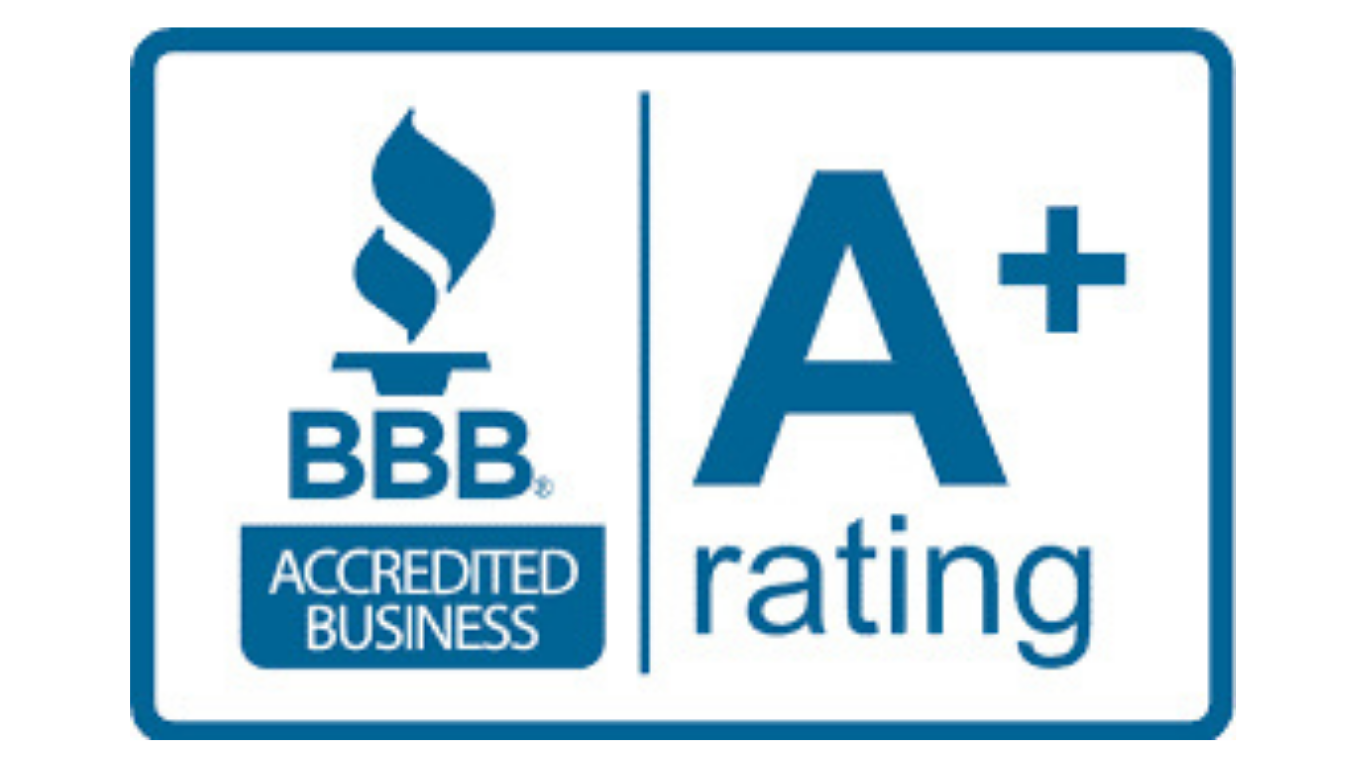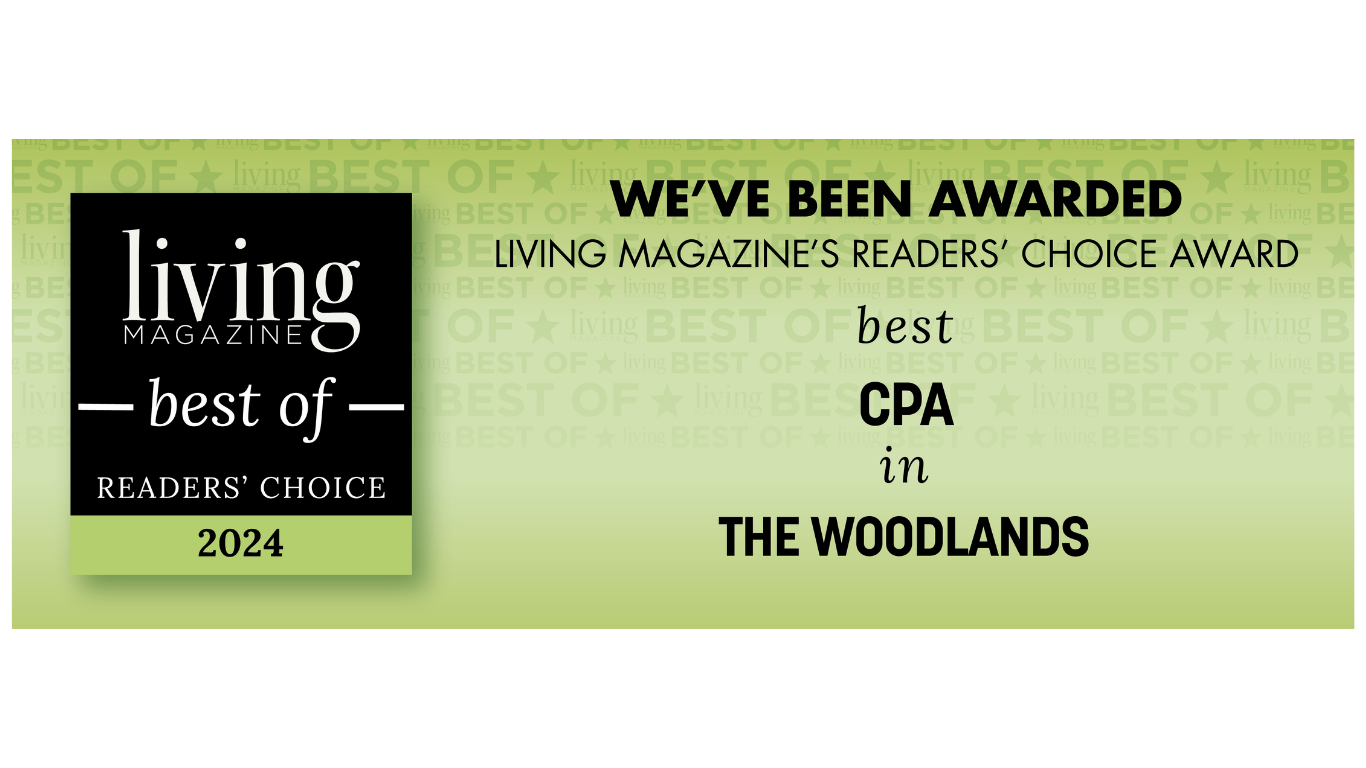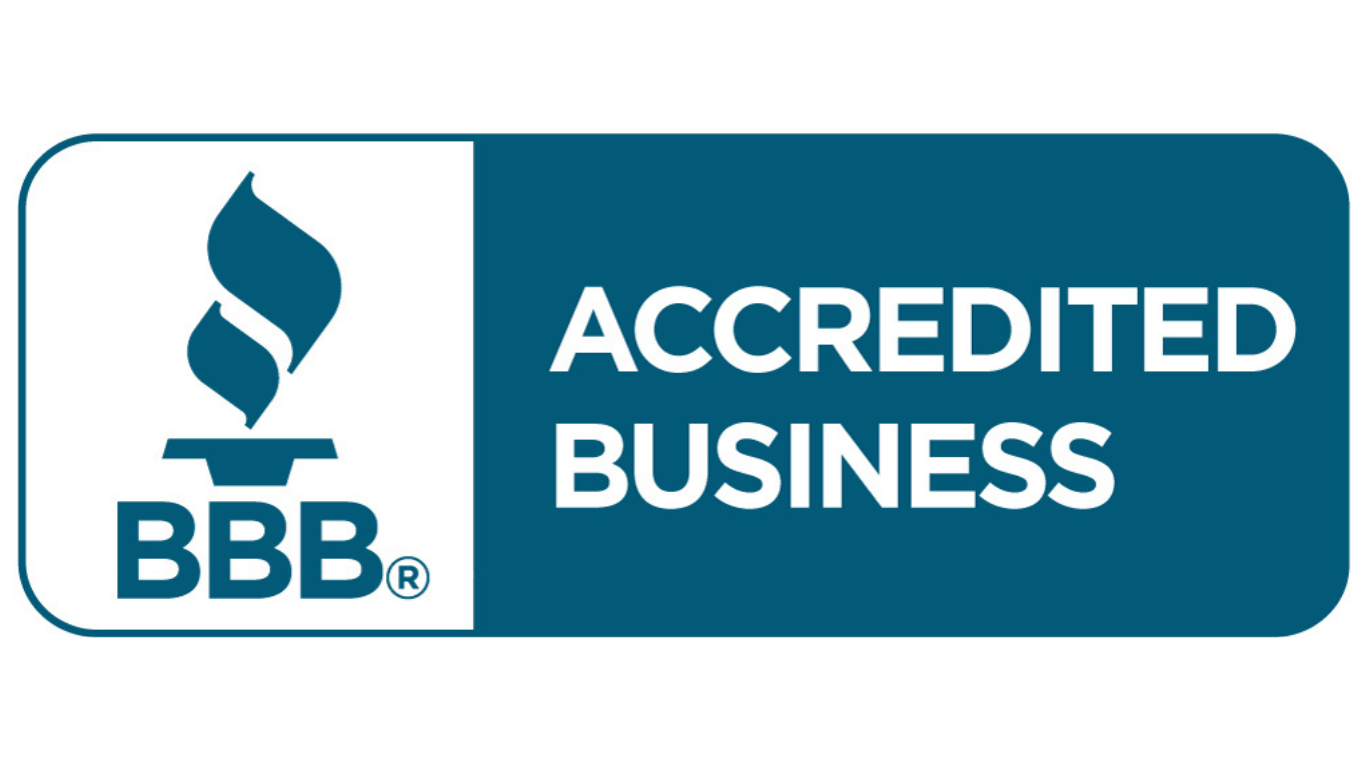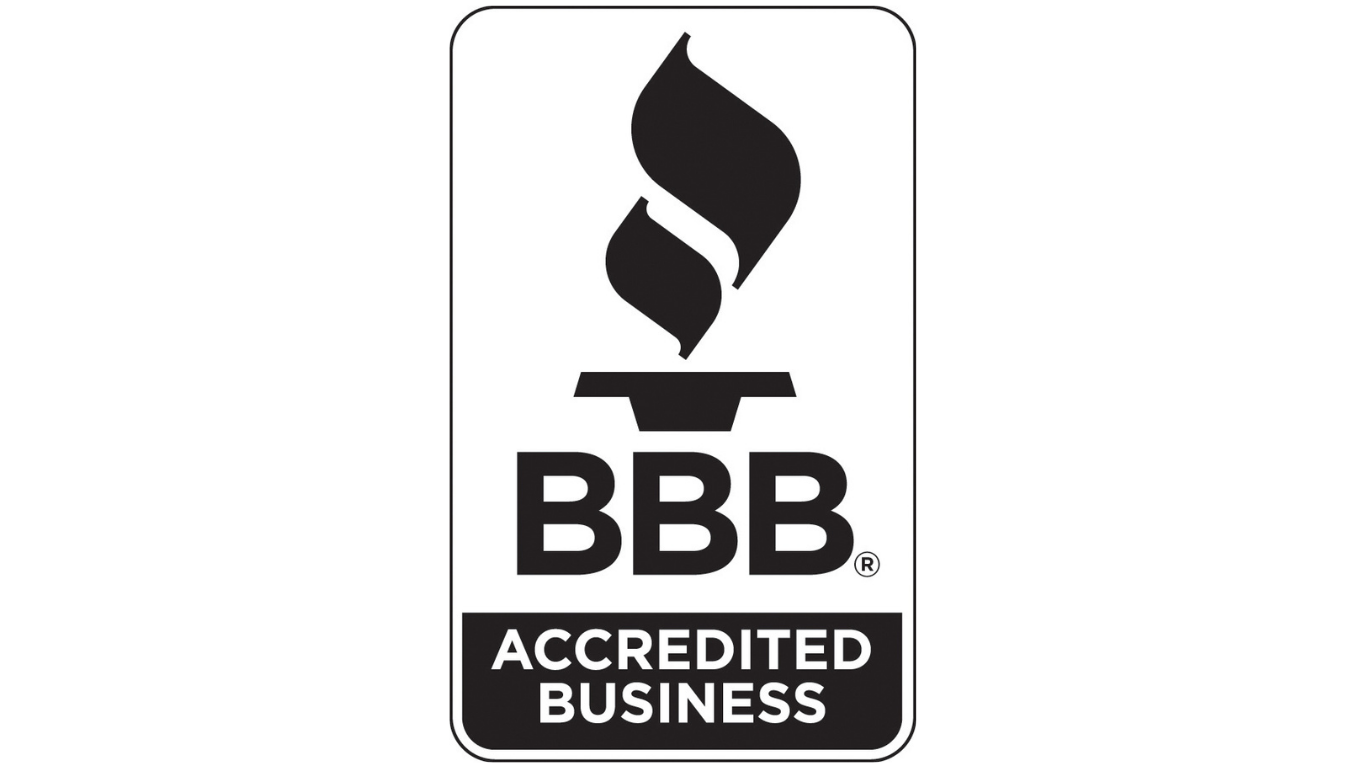Hobby vs. Business: How to Tell the Difference
Hobby vs. Business: How to Tell the Difference
Hobby vs. Business: How to Tell the Difference
(And Why It Matters)

📌 Why It Matters
- Hobbies: Report income, but you can’t deduct expenses there are no deductions through 2025 per the Tax Cuts and Jobs Act. This is a change from the old rule where expenses could be deducted up to the extent of hobby income.
- Businesses: File on Schedule C; you can deduct legitimate expenses, depreciate assets, and may owe self employment tax.
The line is thin and it matters. Misclassification can lead to missed deductions or audit red flags.
✅ The 9 IRS Profit Motive Factors
The IRS lists nine factors to help decide if something is a business or a hobby. No single factor decides your status it’s the total picture.
- Clear intent to make a profit
- History of profitability
- Future profits from asset appreciation
- Dependence on income for livelihood
- Losses due to startup or external causes
- Adjusting operations to improve profit
- Businesslike record-keeping and organization
- Relevant knowledge or expert consultation
- Similar successful activities in the past
🛠 How to Apply This to Your Side Gig or Growing Venture
A. Be Intentional About Intent
Set a profit goal, document your plans, and track progress. Haphazard activity looks like hobby.
B. Keep Good Books
Use separate business accounts, track income and expenses, log mileage, and save receipts.
C. Adjust to Improve Profitability
Did a product not sell? Streamline it, active adjustments show business behavior.
D. Learn or Ask for Help
Consult professionals, take online courses, join industry groups this demonstrates a business attitude.
E. Watch the Safe Harbor
If you earn a profit at least 3 of the last 5 years, the IRS presumptively deems you a business (2 of 7 years for horses). However, since hobby expenses are no longer deductible, the safe harbor may be difficult to rely on b itself).
💬 Reader Question
“We run a side consulting project on weekends and got a 1099K via PayPal. We’ve never turned a big profit yet, is that a business?”
You’re on the right track by asking! Receiving a 1099-K already starts the IRS clock. Even if early profits are small, your intent, record-keeping, and effort can tip the scale toward business. Let’s look at the nine factors together.
(Share your story on our
social media and we may include it here next time!)
✅ What You Should Do This Year
- Analyze your side activity using the nine factors.
- If it qualifies as a business, switch to Schedule C reporting, with clean accounts and records.
- Even as a hobby, you must report payments received.
- Consult a tax professional before year-end to optimize your tax setup.
🧠 Bottom Line from Tim Freese
“Earning income isn’t what defines a business, it's your purpose and
practices. Make your side venture intentional, organized, and
growth focused, treat it like a business, and it
can be one.”
— Tim Freese, CPA
📞 Next Steps
Already a client? Let’s review your side-income setup and ensure you’re correctly classified in time for next year’s filing.
Not a client yet? Contact us and we’ll help you clarify whether your venture is a hobby or a business and show you how to optimize it.
Know someone in a similar situation? Share this article with them because honesty, clarity, and the right intention go a long way.
🔍 References
- IRS Tax Tip 202542: Help to decide between a hobby or business
https://www.irs.gov/newsroom/help-to-decide-between-a-hobby-or-business? - IRS Hobby vs. Business Factors (Fact Sheet) blog.taxact.com

